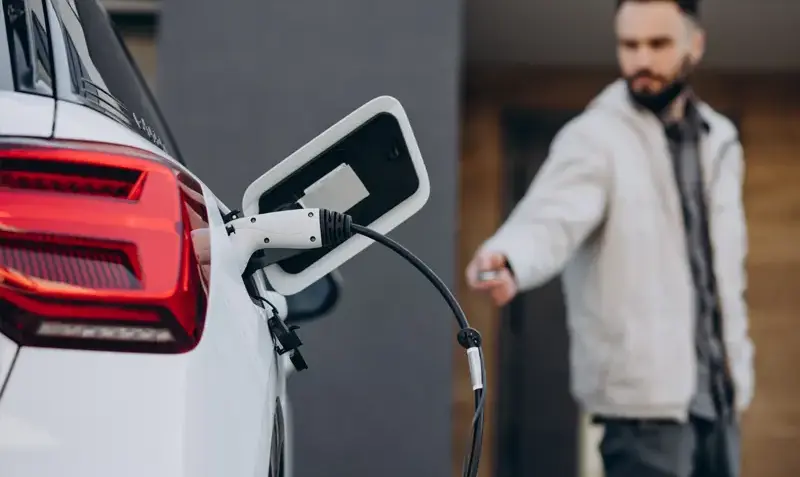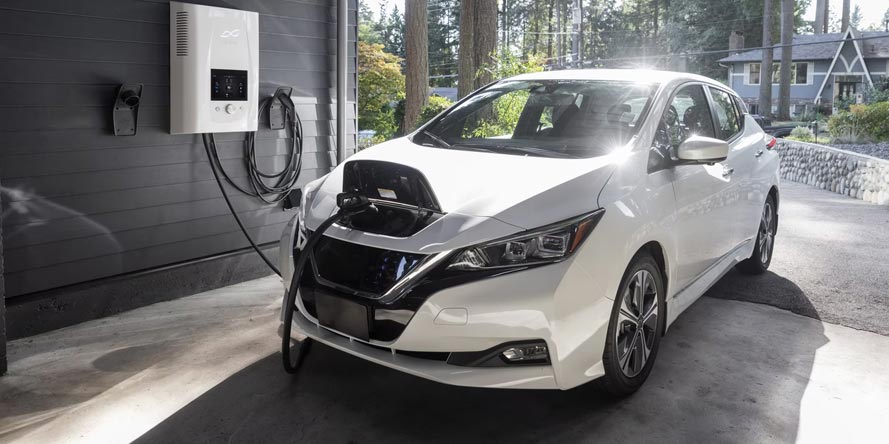How To Choose An Electric Car Charger
The type of electric car charger you need is based on some fairly basic questions, namely; how big is your car’s battery? What kind of mileage do you do daily? What kind of lifestyle do you have? Can you charge your electric vehicle (EV) at home?

Choosing an EV Charger
If your EV has a large battery, it will take longer to charge it. That is the fundamental rule to bear in mind, and from that you can work out what will best suit your lifestyle and daily routine, and therefore what type of charger you will need. In terms of lifestyle:
If you are on the road all the time and don’t spend every night at home – you will probably need to rely on public rapid-charging, such as at service stations or dedicated charging hubs.
If you just do the school run each day and an occasional bit of shopping – you can charge at home maybe once or twice a week.
If you use the EV for the same journey to and from work every day and your mileage is predictable – you can charge at home overnight.
If your work-pattern or daily schedule is unpredictable – you can charge at home using a faster charger and you should have a good knowledge of public charging points also because inevitably you will need these.
Experts estimate that 90% of EV charging is done at home, and you can do this using a regular three-pin plug, but this can be very slow (3kW), can sometimes leave you with insufficient charge for what you need, and long term can damage your home’s socket.
It is advisable to invest in a proper wallbox home charger. You should check with your EV manufacturer what they recommend, and often this unit is supplied and installed as part of your supply agreement.
Benefits of a wallbox home charger
A dedicated wallbox home charger is:
Discreet – there are various styles you can choose from, and these will differ according to whether you have the charger on display at the front of the house or hidden away out of sight.
Convenient – within reason you can have the unit installed anywhere that you have off-street parking.
Quicker – a home charger usually ranges from 7kW charge power up to 22 kW, so is much quicker than relying on your standard home socket.
Cheaper install – if you don’t have the unit provided by the EV’s manufacturer, there is a Government Grant available for installing a home charger.
Cheaper operation – with some units you can programme the charging to take place when cheaper off-peak electricity tariffs are in place, ie. usually overnight when everyone is asleep.

Other things to consider when choosing an EV charger
Rapid charging is only currently available in public places, and this is DC current delivered in a range of 50 to 100kW. This can go up to 350kW, and it is likely that rapid home charging will be available in the future.
Type 1 or 2 cables – There are two types of cable for EV chargers, and Type 2 cables are universal to all PHEVs and EVs available in the UK.
Tethered or untethered chargers – Tethered chargers are basically where the cable is attached to the charger like a service station fuel pump, and you coil it/uncoil it each time you use it, like a garden hose. These usually come in a standard 5 metre length, so might not always be long enough and you need to check the cable is compatible with your EV. An untethered charger means you have to keep your own cable stored elsewhere, usually in the boot of your EV. You should check with the EV manufacturer what is supplied, but having an untethered charger is more flexible if you change your EV quite regularly, or if guests also use your charger. It really is about personal preference.




























